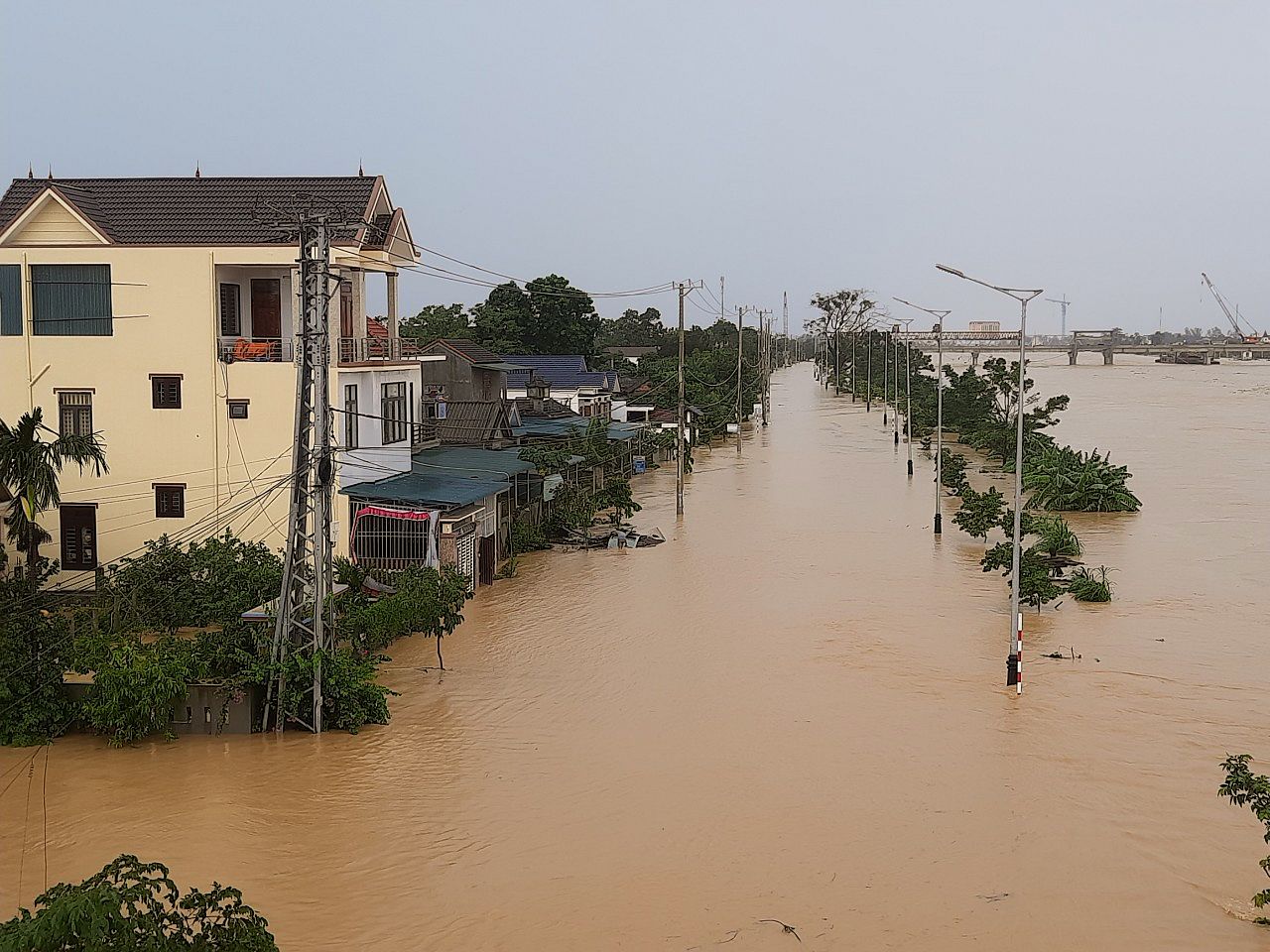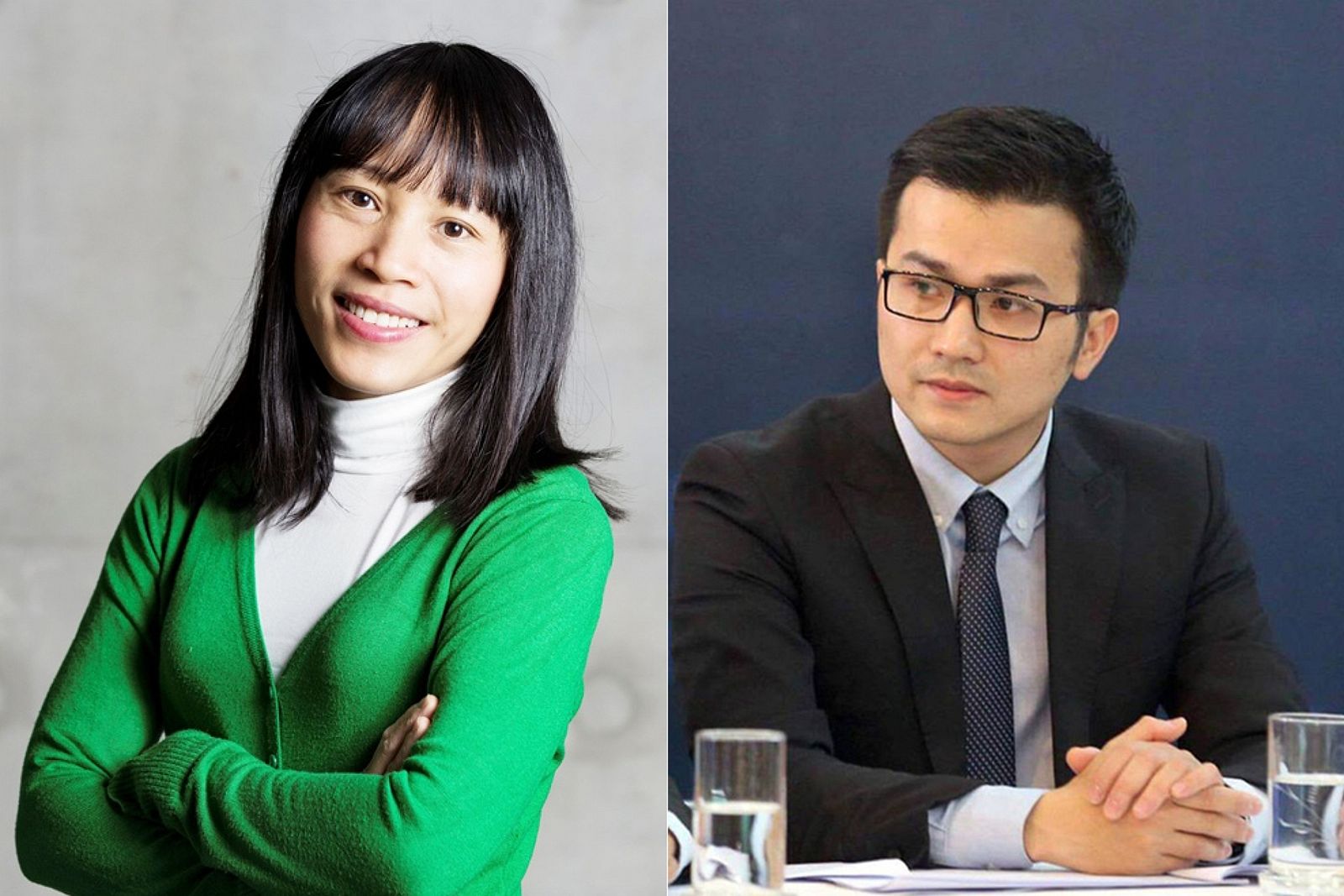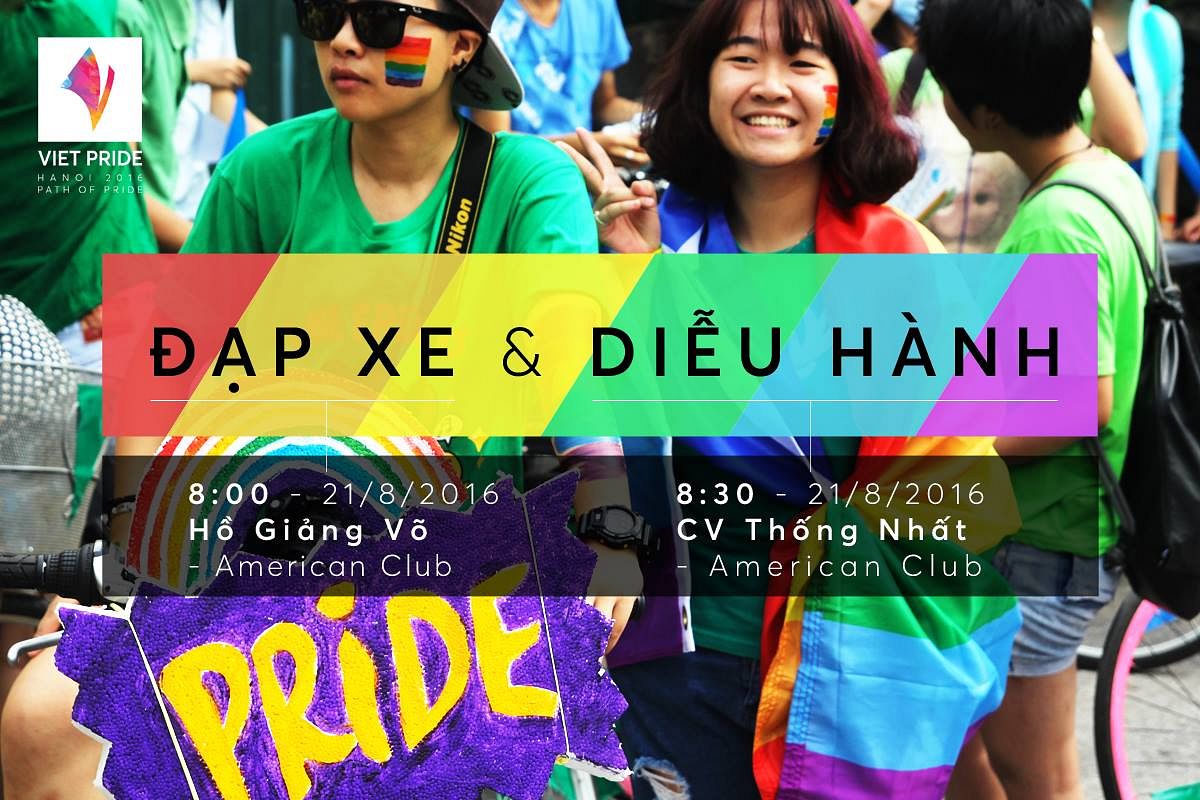Former Speaker of Parliament Halimah Yacob has just submitted her nomination forms, making her President-Elect of Singapore.
Singapore’s eighth President was sworn in on September 14, at an inauguration ceremony according to The Straits Times. While many are thrilled to welcome the first hijab-clad woman to the office, others are unhappy that she has been elected without a vote.
President-Elect Yacob told reporters: "I can only say that I promise to do the best that I can to serve the people of Singapore and that doesn't change whether there is an election or no election.”
Critics remain skeptical of the 63-year-old mother of five, however, as she ran unopposed in an “ethnically reserved poll.” In accordance to Singapore’s racial provisions, this year’s candidacy was reserved for members of the Malay community.
According to local law, if there isn’t a President from a particular ethnicity for five consecutive terms, the position would be reserved for a president from that community, provided that a qualified candidate applies. Singapore's three most populous ethnic groups are Chinese, Malay and Indian.
It’s important to note that while the Presidency in Singapore is largely a ceremonial role, he or she still has veto power over certain matters pertaining to the country’s reserves or key appointments in public office, including that of Prime Minister.
Controversy has spawned as the Singaporean community struggles to discern what a true meritocracy is and looks like. The South China Morning Post reported: “The presidential race has become a major political lightning rod for the ruling People’s Action Party (PAP) because public opinion is split over constitutional amendments made last November, that disqualify other ethnic groups, including the majority Chinese, from running this time round.”
Some believe the policy goes too far, and others believe it is not doing enough to support minority representation. “While reserving the presidential elections for only Malays is a highly symbolic gesture, there is a need to do more for concrete issues faced by the Malay community such as discrimination, lack of social mobility and relative poverty," lawyer Fadli Fawzi told CNN.
In addition to friction caused by the policy itself comes the confusion of disputes over one’s race. While Halimah has stood previously as a Malay candidate, her father is Indian.
Candidates, in addition to identifying as Malay, also needed a certificate of eligibility issued by the Presidential Elections Committee, the community certificate issued by the Community Committee, and a political donation certificate.
As a member of the public sector, Hamilah met her requirements by serving three years in public office. The other two Presidential hopefuls, Mohamed Salleh Marican and Farid Khan, were both members of the private sector. Therefore, they had to prove that they had helmed a company with at least S$500 million in shareholders’ equity, and as neither man met said requirement, both of their applications were rejected.
[Photo via Straits Times]














